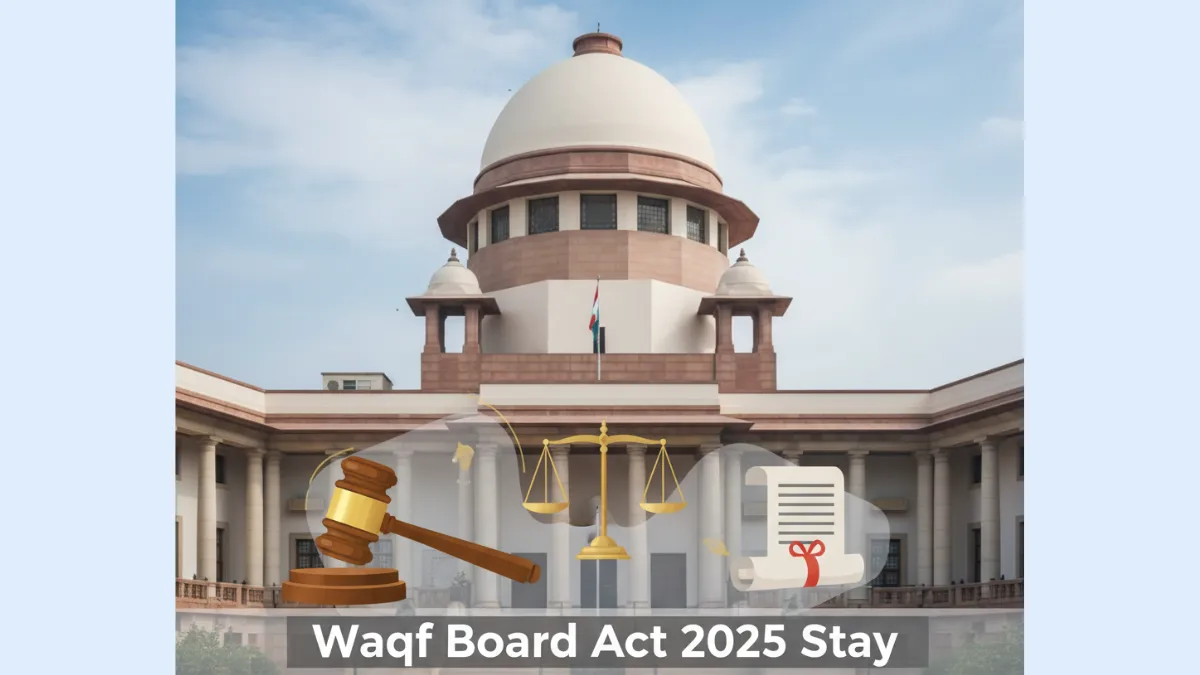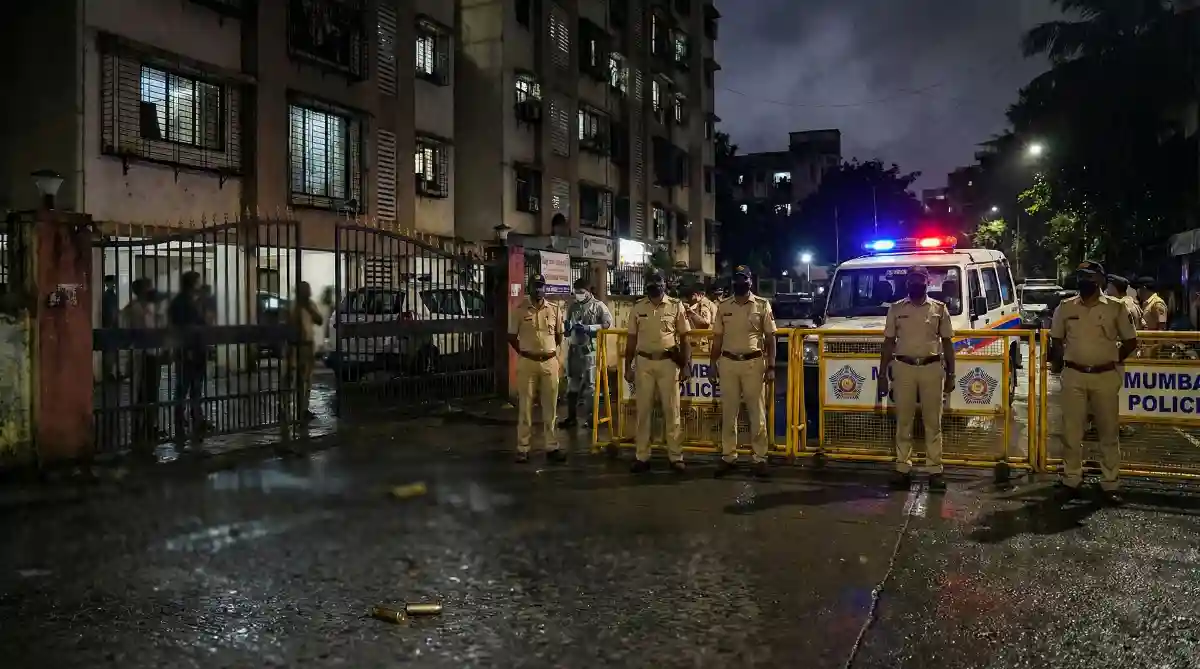Last Updated on September 15, 2025 by Nyayik Vigyan
NEW DELHI: In a major relief, the Supreme Court on Monday partially stayed the Waqf Board Waqf Amendment Act 2025, keeping three controversial provisions in abeyance and allowing the rest of the law to remain in force. The bench, headed by Chief Justice BR Gavai and Justice AG Masih, observed that Parliament’s laws have a presumption of constitutionality, but some clauses require interim protection to prevent misuse.
3 Provisions Stayed
1. 5-Year Islamic Practice Rule
SC stayed the provision that only a person who has practised Islam for at least 5 years can create a Waqf. The judges said that since state governments have not framed rules to verify such eligibility, the clause can be misused.
2. Non-Muslim Representation in Waqf Bodies
The court restricted the number of non-Muslims who can be appointed to Waqf Board institutions. It ruled that the Central Waqf Council cannot have more than 4 non-Muslim members, and state boards should follow the same. But it did not strike down the provision allowing a non-Muslim to be CEO of a State Waqf Board, but said “as far as possible” the CEO should be a Muslim.
3. Encroachment Dispute Provisions
SC also stayed the provision that allows the government to derecognise Waqf land during an encroachment dispute before a government officer. Calling the provision inconsistent with the principle of separation of powers, the court said disputed properties will remain protected till the matter is decided by a tribunal or court. It also stated that no third-party rights should be created over such properties until then.
Court’s Directions and Suggestions
The bench further said a government officer’s report on Waqf board property status will not automatically alter ownership rights without High Court approval. While not issuing a formal order, the court suggested the Centre should not appoint more than 3 non-Muslim members to the 11-member Central Waqf Council and ensure the ex officio chairperson is a Muslim.
Background of the Case
The Centre had notified the amended law on April 8 after President Droupadi Murmu gave her assent on April 5. The Waqf (Amendment) Bill, 2025, was passed in the Lok Sabha on April 3 and in the Rajya Sabha the next day.
During earlier hearings, the Ministry of Minority Affairs filed a 1,332-page affidavit in support of the law and prayed for no stay. After long arguments, the bench had reserved the order on May 22 and finally passed the interim order on September 15.
Why it Matters
This is big news in the Waqf Board as it affects property management, religious representation and governance of Waqf institutions across India. Though the law remains in force, the interim protection given by the Supreme Court will prevent the sensitive clauses from causing legal or social disruption till further review.
Also Read:
Niva Bupa Health Insurance Faces Major Controversy: ₹61 Lakh Claim Dispute Exposes















